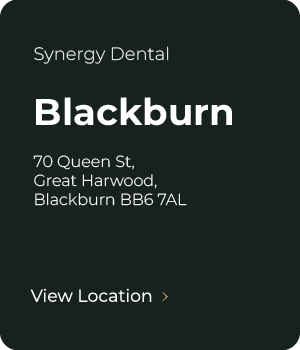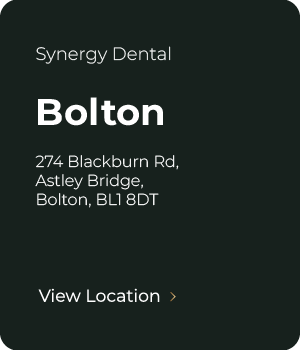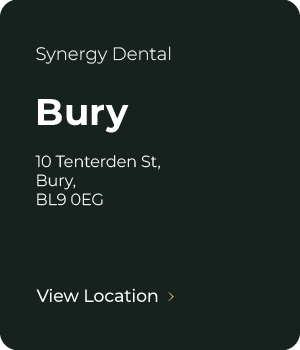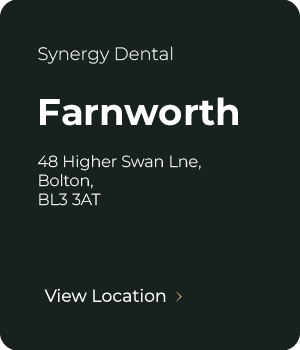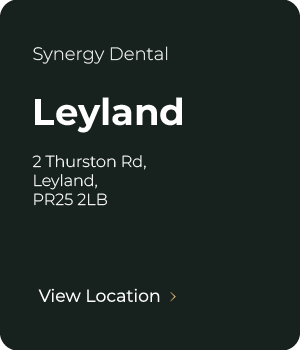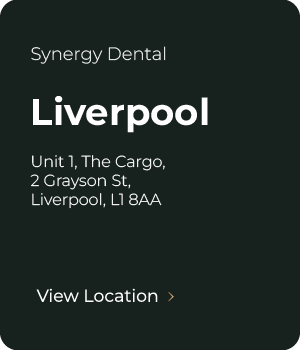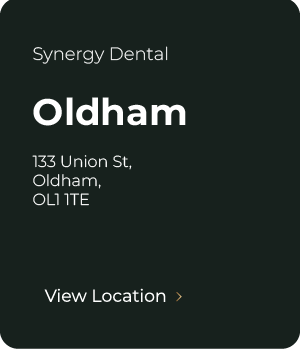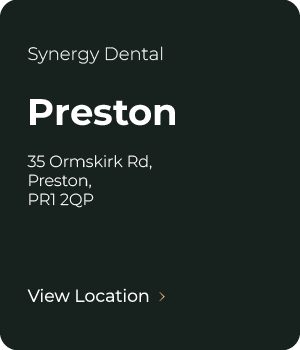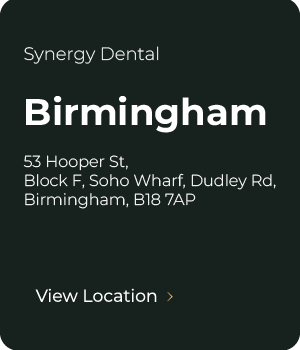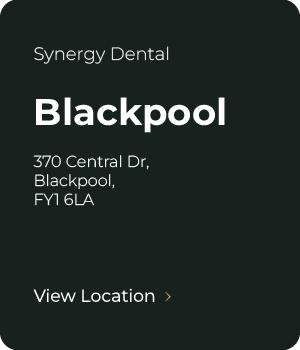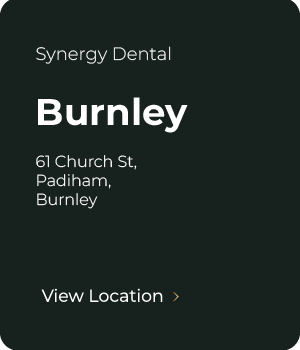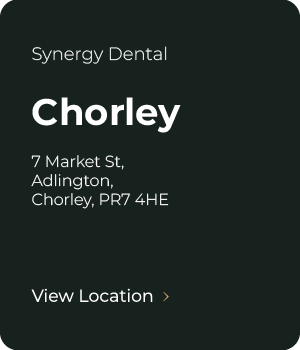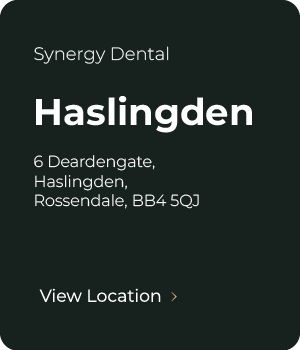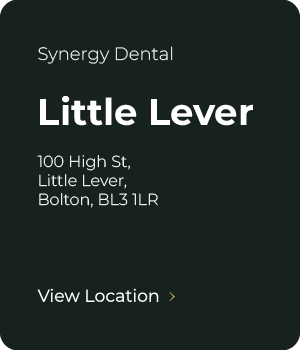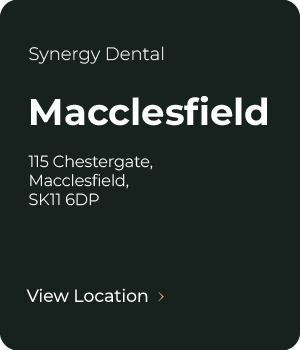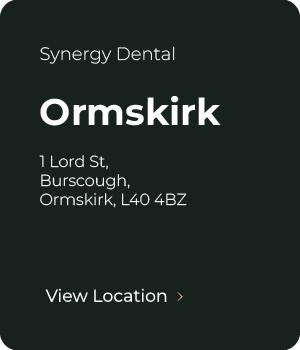Root canal treatment is a procedure used to treat a tooth when bacteria infect the nerve and blood vessels inside a tooth – which is also known as the pulp. The pulp can become infected the following decay in a tooth extending past the enamel and the dentine into the pulp chamber in the centre of a tooth. This can be from a tooth which has been left untreated for too long or can happen underneath an old filling or crown.
If a tooth suffers severe trauma and fractures this can cause an entry point for bacteria and the pulp can get infected even without decay. When the pulp gets infected the main symptoms can be tenderness and pain when biting as well as extreme sensitivity to hot or cold. Antibiotics have a limited capability to treat infections in the pulp chamber leaving two treatment options.
Extract the infected tooth or attempt to save it by completing root canal treatment. Root canal treatment has been reported by most studies to have a success rate of 80-90%. During treatment, the pathways that the nerve and blood vessels extend into the teeth, need to be cleaned and sealed to reduce the number of bacteria in the tooth to give your body a chance to heal the infection.
Teeth can have one or multiple root canals. A side effect of completing the treatment is weakening the tooth as the canal needs to be enlarged to allow adequate cleaning so these teeth often have crowns placed to give the tooth more strength and to give a better seal on the top of the tooth.
For more information about dental problems contact Synergy Dental Clinics Ormskirk, email ormskirk@synergydental.org.uk or go to https://local.synergydental.org.uk/synergy-dental/dentist-in-ormskirk/

